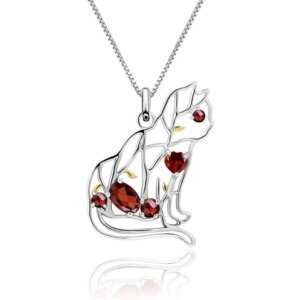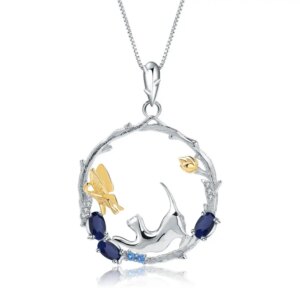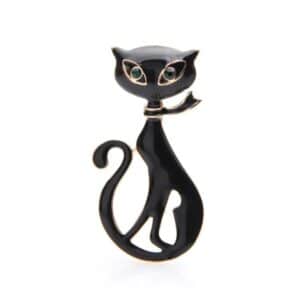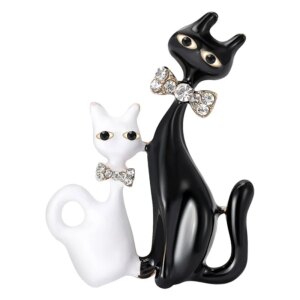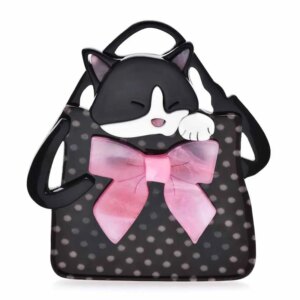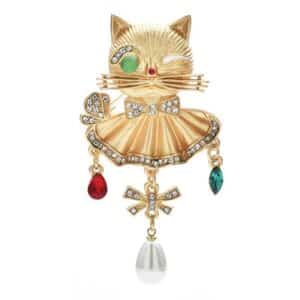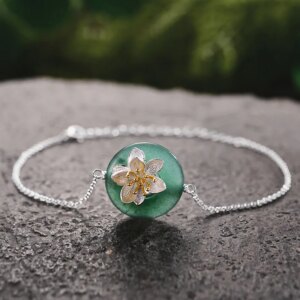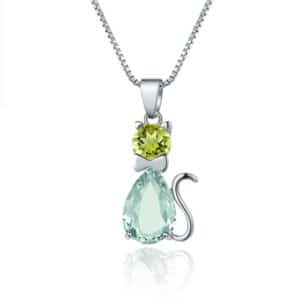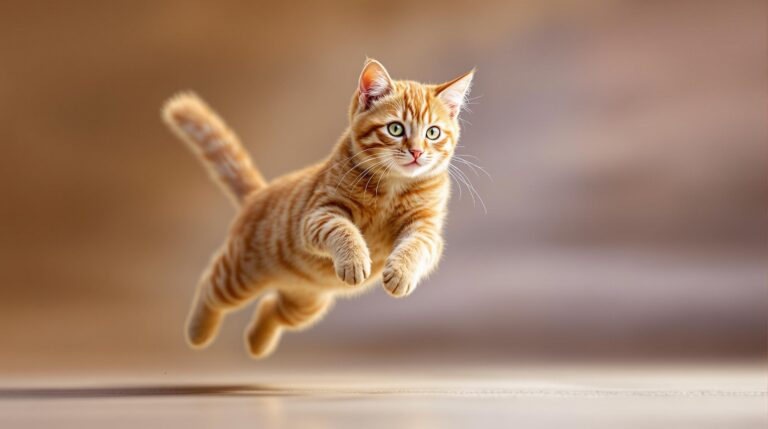Can Cats Drink Milk, at Cat Karma Creations, we understand the importance of keeping your feline friends healthy and happy. Discover the truth about cats and milk. Learn why milk can be harmful to cats, explore safe alternatives, and understand the importance of a balanced diet for your feline friend. This article will provide you with essential tips to keep your cat healthy and happy.
The Myth of Cats and Milk
Historical Context
The idea that cats should drink milk is deeply rooted in popular culture. For generations, children’s books, cartoons, and even some pet care guides have portrayed cats lapping up milk as a normal and even beneficial activity. However, this notion is largely a myth. Historically, cats were often given milk as a treat, but this practice was based more on tradition and convenience rather than scientific understanding of feline nutrition.
Common Misconceptions
One of the most common misconceptions about cats and milk is that all cats can drink it without any issues. This is far from the truth. While kittens can digest their mother’s milk, adult cats often lose the ability to produce lactase, the enzyme needed to break down lactose, a sugar found in milk. As a result, many adult cats are lactose intolerant, and consuming milk can lead to digestive problems.
Why Cats Love Milk
Despite the potential health risks, many cats are attracted to the taste and smell of milk. This is because milk contains fats and proteins that are appealing to cats. However, just because a cat enjoys something doesn’t mean it’s good for them. It’s important to recognize that while cats may love the taste of milk, it is not a suitable part of their diet.
The Science Behind Cats and Milk
Lactose Intolerance in Cats
Lactose intolerance is a common issue in adult cats. When a cat drinks milk, the lactose in the milk is not properly broken down due to the lack of lactase. This undigested lactose can ferment in the cat’s digestive system, leading to a range of uncomfortable symptoms. Understanding lactose intolerance is crucial for maintaining your cat’s health.
Digestive Issues and Symptoms
The most immediate and noticeable effect of lactose intolerance in cats is digestive distress. Common symptoms include:
- Diarrhea
- Vomiting
- Abdominal pain
- Bloating
- Gas
These symptoms can be distressing for both the cat and the owner. If your cat exhibits any of these signs after consuming milk, it’s a clear indication that they should avoid it in the future.
Long-Term Health Effects
While the immediate effects of lactose intolerance are concerning, the long-term health impacts can be even more serious. Regularly feeding milk to a lactose-intolerant cat can lead to chronic digestive issues, malnutrition, and a weakened immune system. It’s essential to provide your cat with a diet that meets their nutritional needs without causing harm.
Safe Alternatives to Milk for Cats
Specialized Cat Milk Products
If you want to treat your cat to something similar to milk, specialized cat milk products are a great option. These products are formulated to be lactose-free and are safe for cats to consume. They often contain added nutrients that are beneficial for your cat’s health. Some popular brands include:
- Cat Sip
- Kitty Kreme
- Paw Lactose-Free Milk
These alternatives can provide a safe and enjoyable treat for your cat without the risks associated with regular milk.
Nutritious Treats and Supplements
Another way to provide your cat with a nutritious and safe treat is to offer them specialized cat treats and supplements. These products are designed to meet the specific nutritional needs of cats and can include ingredients like:
- Chicken or fish broth
- Turkey or beef broth
- Hydrolyzed proteins
- Vitamins and minerals
These treats can be a great way to reward your cat and ensure they are getting the nutrients they need.
Hydration Tips for Cats
Proper hydration is crucial for your cat’s health, and water is the best source of hydration. Here are some tips to ensure your cat stays well-hydrated:
- Provide fresh, clean water at all times.
- Use a water fountain to encourage your cat to drink more.
- Offer wet food, which has a higher water content than dry food.
- Monitor your cat’s water intake and consult a vet if you notice any changes.
Maintaining a Balanced Diet for Your Cat
Importance of High-Quality Cat Food
A balanced diet is essential for your cat’s overall health. High-quality cat food should be the foundation of your cat’s diet. Look for products that are specifically formulated for cats and meet the nutritional standards set by the Association of American Feed Control Officials (AAFCO). These foods provide the necessary proteins, fats, and carbohydrates that your cat needs to thrive.
Feeding Schedule and Portion Control
Establishing a consistent feeding schedule and practicing portion control are key to maintaining your cat’s health. Here are some tips:
- Feed your cat at the same times each day to establish a routine.
- Measure out the appropriate amount of food based on your cat’s age, weight, and activity level.
- Avoid overfeeding, which can lead to obesity and other health issues.
- Provide smaller, more frequent meals if your cat prefers them.
Consulting a Veterinarian
When it comes to your cat’s diet, it’s always a good idea to consult with a veterinarian. They can provide personalized advice based on your cat’s specific needs and health status. If you have any concerns about your cat’s diet or if you notice any changes in their behavior or health, don’t hesitate to reach out to a professional. You can also contact us at our contact form or call us at (800) 343-1604 for more information.
Popular Quote
“Cats are connoisseurs of comfort.” – Jim Davis
Statistical Fact
According to the American Veterinary Medical Association, approximately 70% of adult cats are lactose intolerant. This statistic highlights the importance of avoiding milk in your cat’s diet to prevent digestive issues. (Source: American Veterinary Medical Association)
Three Tips for Cat Owners
- Choose Lactose-Free Alternatives: Opt for specialized cat milk products that are lactose-free and safe for your feline friend.
- Monitor Hydration: Ensure your cat has access to fresh, clean water at all times. Consider using a water fountain to encourage more water intake.
- Consult a Vet: Regular check-ups with a veterinarian can help you identify and address any dietary issues early on, ensuring your cat remains healthy and happy.
Popular Questions
- Can kittens drink milk? Yes, kittens can drink their mother’s milk, but they should not be given cow’s milk as it can cause digestive issues.
- What are the signs of lactose intolerance in cats? Common signs include diarrhea, vomiting, abdominal pain, bloating, and gas.
- What are some safe treats for cats? Specialized cat treats, such as those made with chicken or fish broth, can be a safe and nutritious option.
- How can I ensure my cat stays hydrated? Provide fresh water, use a water fountain, and offer wet food to increase water intake.
- When should I consult a vet about my cat’s diet? If you have any concerns about your cat’s diet or notice changes in their behavior or health, it’s best to consult a veterinarian.
Final Thoughts About Cats Drinking Milk
In conclusion, while cats may enjoy the taste of milk, it is not a suitable part of their diet. Opt for safe alternatives and maintain a balanced, nutritious diet to ensure your cat’s health and happiness. For more information and to explore our range of cat-themed jewelry and gifts, visit Cat Karma Creations. If you have any questions or need personalized advice, feel free to reach out to us at info@catkarmacreations.com or follow us on Facebook, Instagram, Pinterest, and Twitter.
| Feature | Milk | Cat Milk Alternatives | Water |
|---|---|---|---|
| Nutritional Value | Low in nutrients for cats | High in nutrients, cat-friendly | Essential for hydration |
| Digestibility | Poor, can cause digestive issues | Good, easily digestible | Excellent, essential for health |
| Hydration | Poor, can lead to dehydration | Good, helps maintain hydration | Excellent, primary source of hydration |


